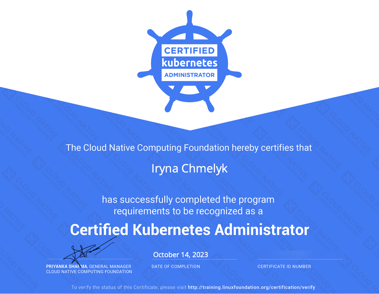Monolithic applications have been the industry norm for years, however, we here at Ippon have noticed a shift in the industry. Many companies in the insurance to e-commerce to banking industries are bound for generating more focused and specific applications. These applications
exist in the form of microservices.
When talking about microservices, its difficult not to talk about containers and container orchestration tools. When reading into microservices, you and your developers will ask yourselves: Would
you want to spin up a VM, install an OS, find dependencies, manage security, etc or would you like to spin up a container which does all that for you in seconds?
Today, we're going to discuss what is Kubernetes and why your business would benefit from this technology. First, we'll briefly discuss the differences in microservices and monoliths.
A Brief History in Microservices
Before microservices, we had (and still have) monoliths. Applying good development practices, its best to break up your main component into modular pieces. These modular pieces, in the form of microservices, are transforming into containers.
Making monoliths modular into microservices have real cost saving benefits both financially and in developer time:
- Containers help with keeping deployment times low
- The main service operates if a component is down or redeploying
- Adding new features is independent of the entire monolith
- Reduces start-up time for developers
To add to the point, this research paper from 2015 breaks down the actual cost of using a monolith vs microservice architecture using then-current relevant tech stacks. The researchers found that using a microservice architecture in place of monoliths save up to 70% under similar loads.
Now that I've convinced you that microservices have a place in the world, there are some managerial questions to address: what happens when there are a bunch of microservices running and how does a development team manage them Enter: Kubernetes.
Kubernetes: A Container Orchestration Solution
Kubernetes began as an internal Google project to manage and reduce costs for Google Search, Youtube, and G-mail. It is a scheduler to most efficiently utilize their clusters. Kubernetes, an open source project, is the result of that inner-source project, Borg. Container orchestration is managing the lifecycle of containers, most notably in larger projects or dynamic environments.
There are many benefits of having a Container Orchestration system such as Kubernetes:
- provisioning and deploying containers
- redundancy
- scalability
- allocation of resources
- health monitoring
Conclusion
Effectively, Kubernetes is powerful tool to use at your helm where your developers have more time to work on the core product and increase their velocity. To put it more simply, Kubernetes saves IT/Developers time. Time saved saves money.






Comments